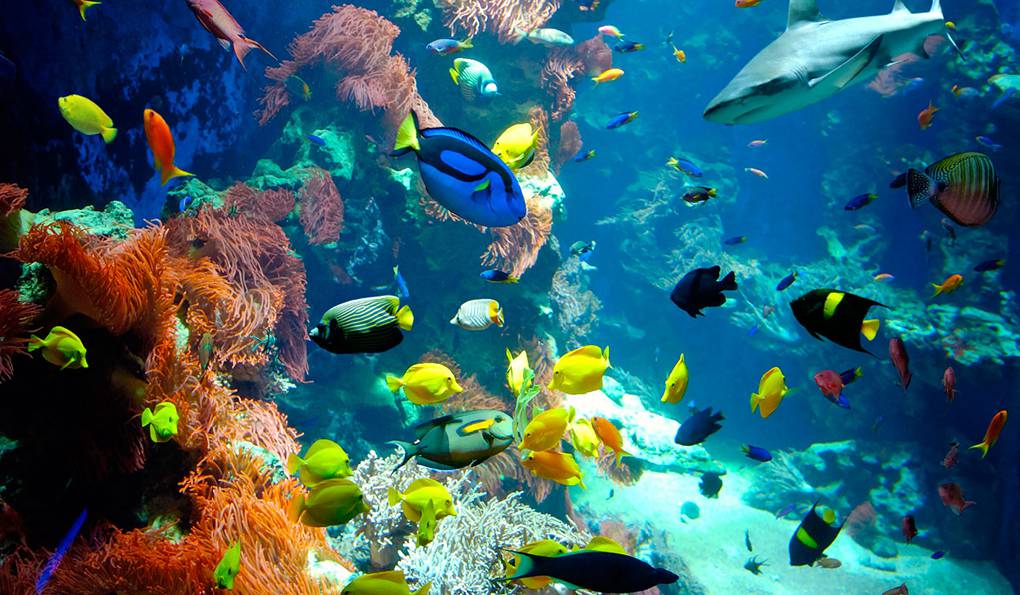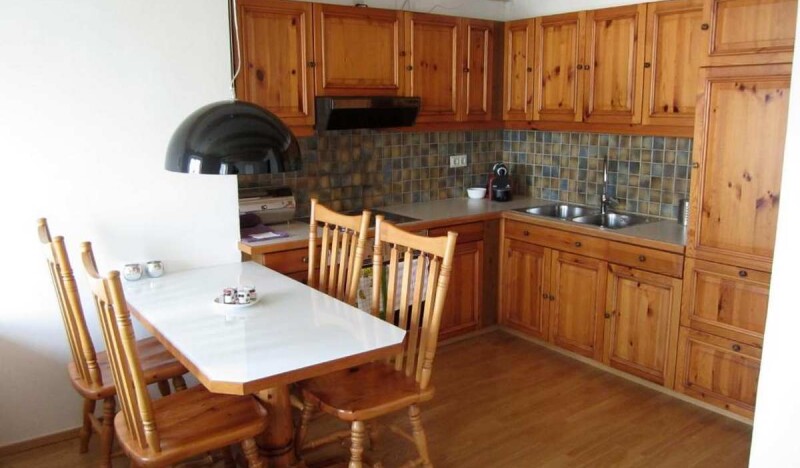The Haus der Natur (House of Nature) museum on the Museum Square in Salzburg is a source of pride for the locals. It is recognised as one of the most interesting natural science museums in Europe. The Haus der Natur has a rich history and is remarkable for its age: the famous zoologist Eduard Tratz founded it in 1924.
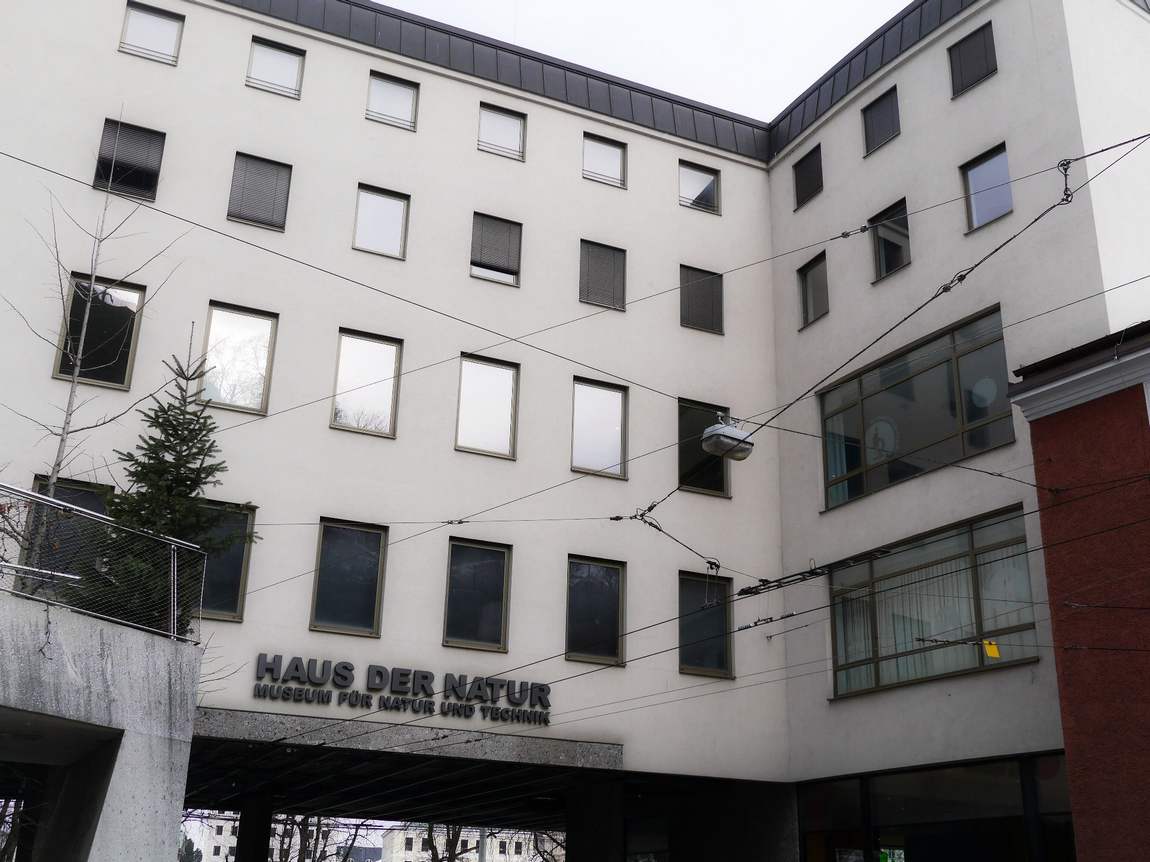
Its 80 rooms house around 35 different exhibitions dedicated to interesting scientific facts, news from the world of biology, curiosities and much more. On each of the five floors of the museum, you will find representatives of flora and fauna, both common and familiar to every schoolchild, as well as completely exotic. It will be very interesting for your children to move from the Space Hall to the Sea World Hall, then to the Insects Hall, and then to explore other no less interesting exhibitions.
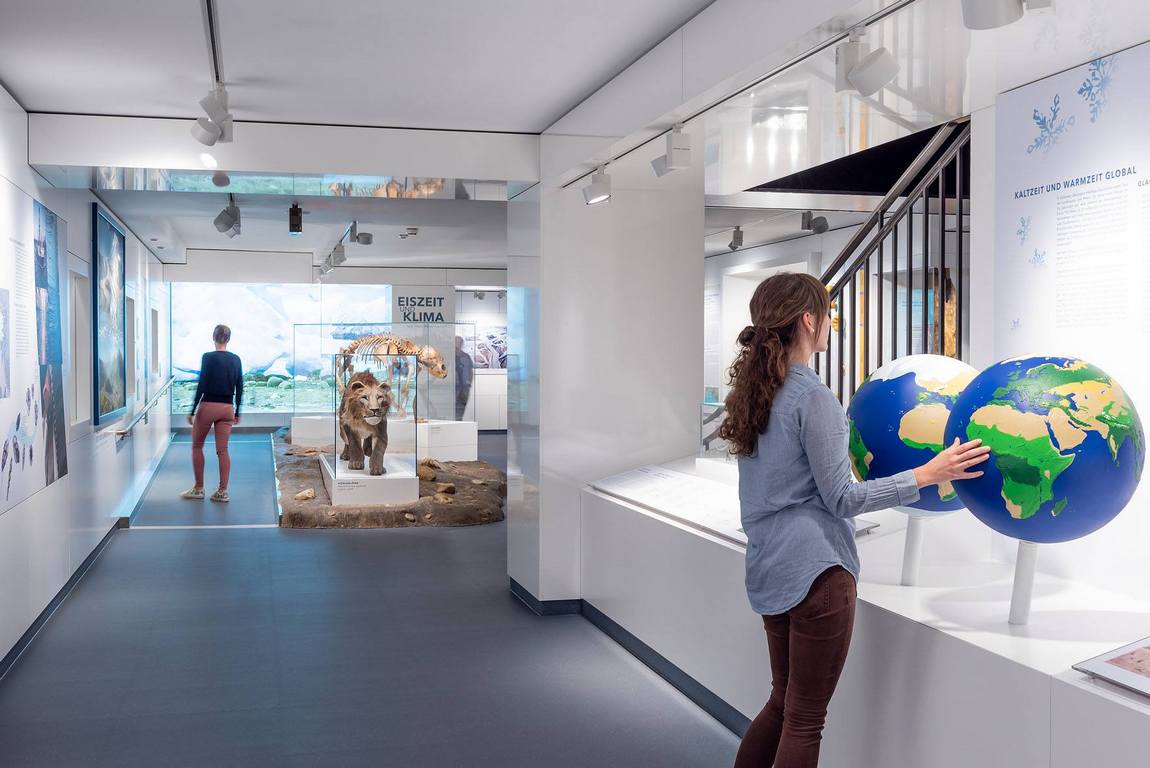
Main exhibitions
Hall of Dinosaurs
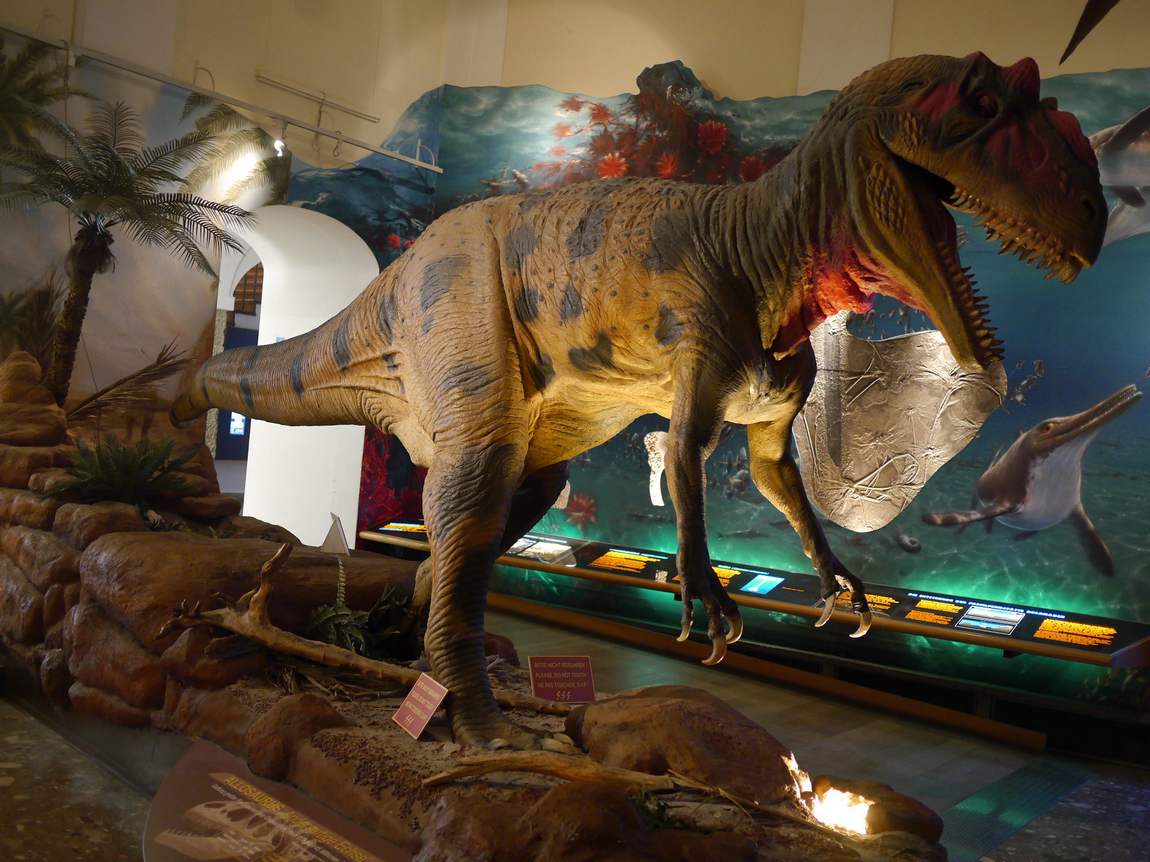
Make sure you take the time to visit the Prehistoric Animal Exhibit. Discover the world as it was millions of years ago: in the Dinosaur Hall you'll find creatures that roamed the Earth countless thousands of years ago. Throughout the Mesozoic Era, which includes the Triassic, Jurassic and Cretaceous periods, dinosaurs were the dominant group of animals.
Here you can see the original fossils, high quality original casts. One of the dinosaurs of the past, a giant dinosaur, greets visitors young and old at the museum entrance, nodding its mighty head and roaring.
Also on display: the largest fully preserved skeleton of a Stenoosaurus, original fossils of an Ichthyosaurus — one of the most valuable is the skeleton of a female with two embryos in her body, about to be born — and a Mastodonzaurus, the largest amphibian ever. And, of course, the collection wouldn't be complete without the most popular of all dinosaurs: the Tyrannosaurus Rex.
The world of oceans
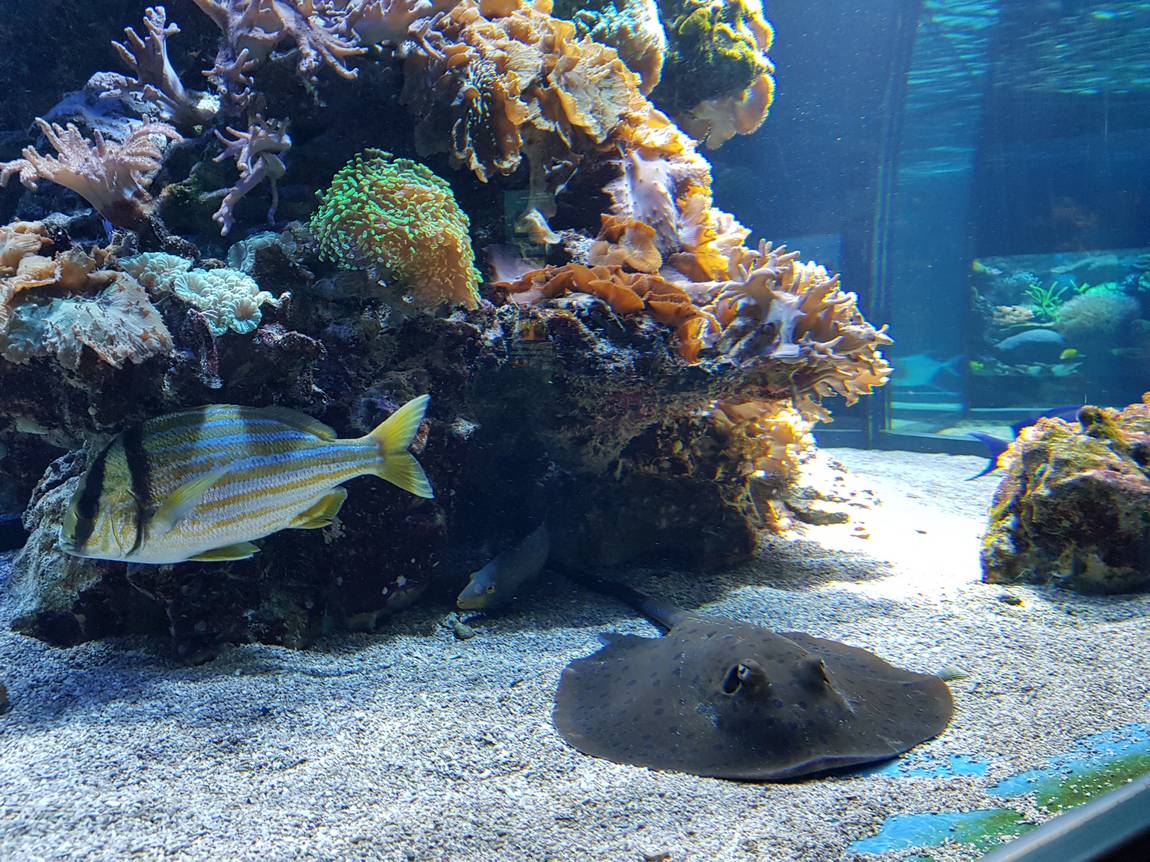
In the Hall of the Modern Inhabitants of the Planet, you can see with your own eyes a variety of living organisms that inhabit all the continents of the world. Young lovers of the underwater world will be very interested in the representatives of the world's oceans, including the inhabitants of coral reefs.
There are 42 large aquariums containing a wide variety of fish, and the Reptile Zoo, with 56 modern terrariums, houses a large number of cold-blooded animals (around two hundred species), including lizards, frogs, snakes, turtles and chameleons.
The animal kingdom of Earth
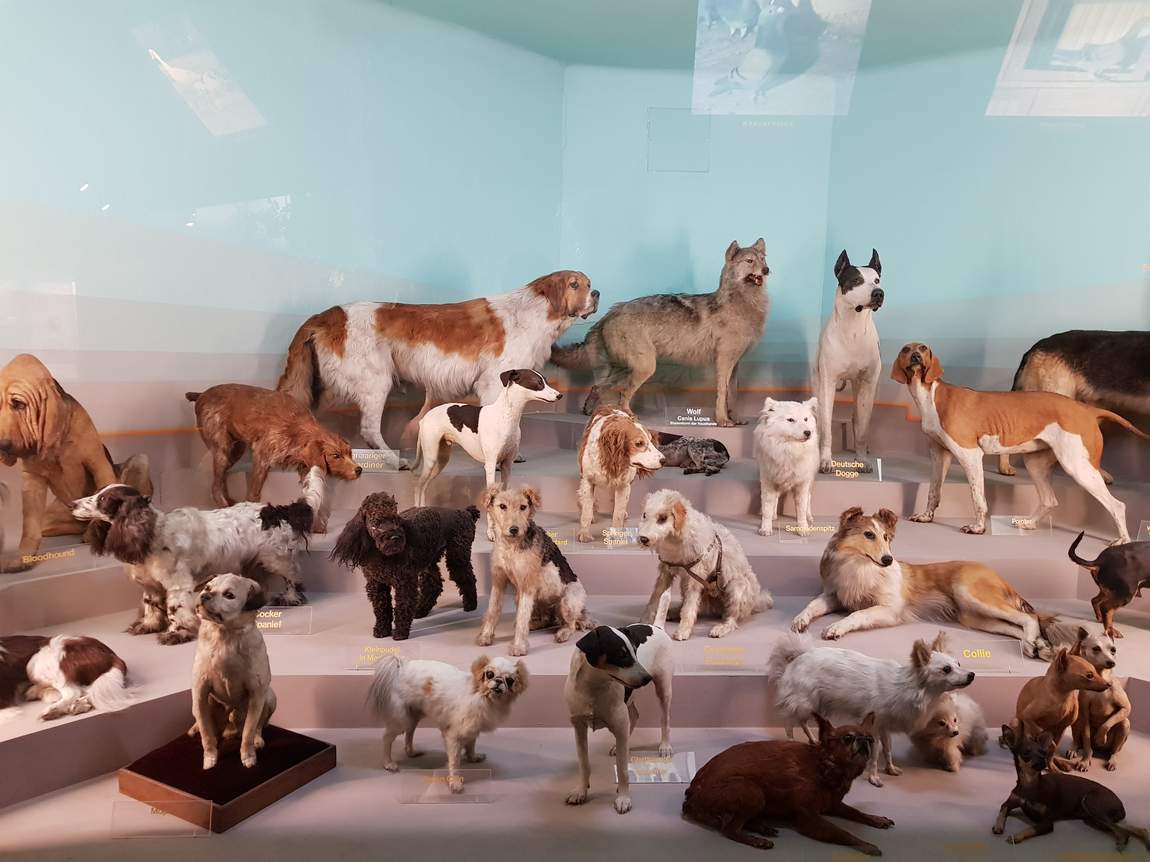
The diversity of the animal world in the different habitats of planet Earth is simply amazing! From platypus to anteater, penguin to camel, kiwi to orangutan, animals from all over the world await you at the House of Nature.
Exploring the museum is like travelling from the Arctic to the rainforest, or from local river landscapes to distant deserts. And it's worth taking a closer look along the way: survival and adaptation strategies in the animal kingdom are some of the most exciting things nature has to offer.
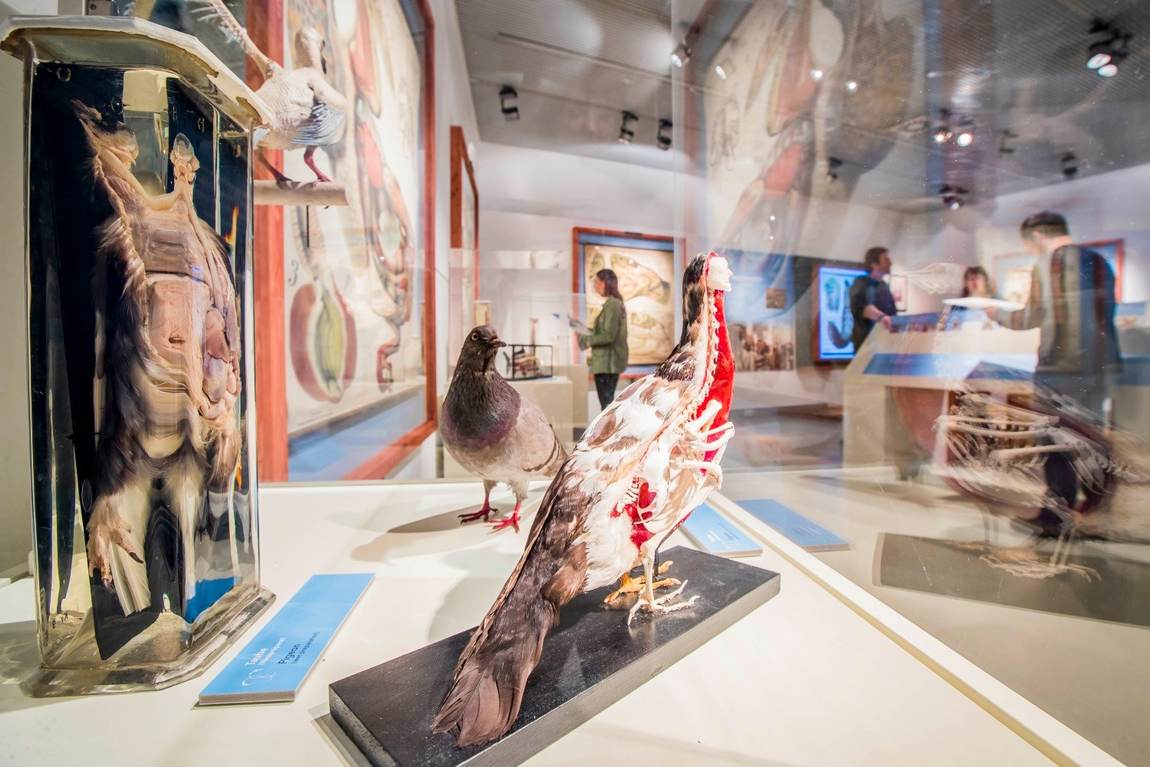
Our Universe
Of course, the boys will be interested in the Space Hall, where they can make a real interstellar journey and learn a lot of new things. In this exhibition, children can learn about the structure of the universe, see an example of a space city, as well as the appearance and interior of the American Mercury capsule, which made space flights in the 1960s. A fun attraction — special space scales — allows you to find out your weight on other planets.
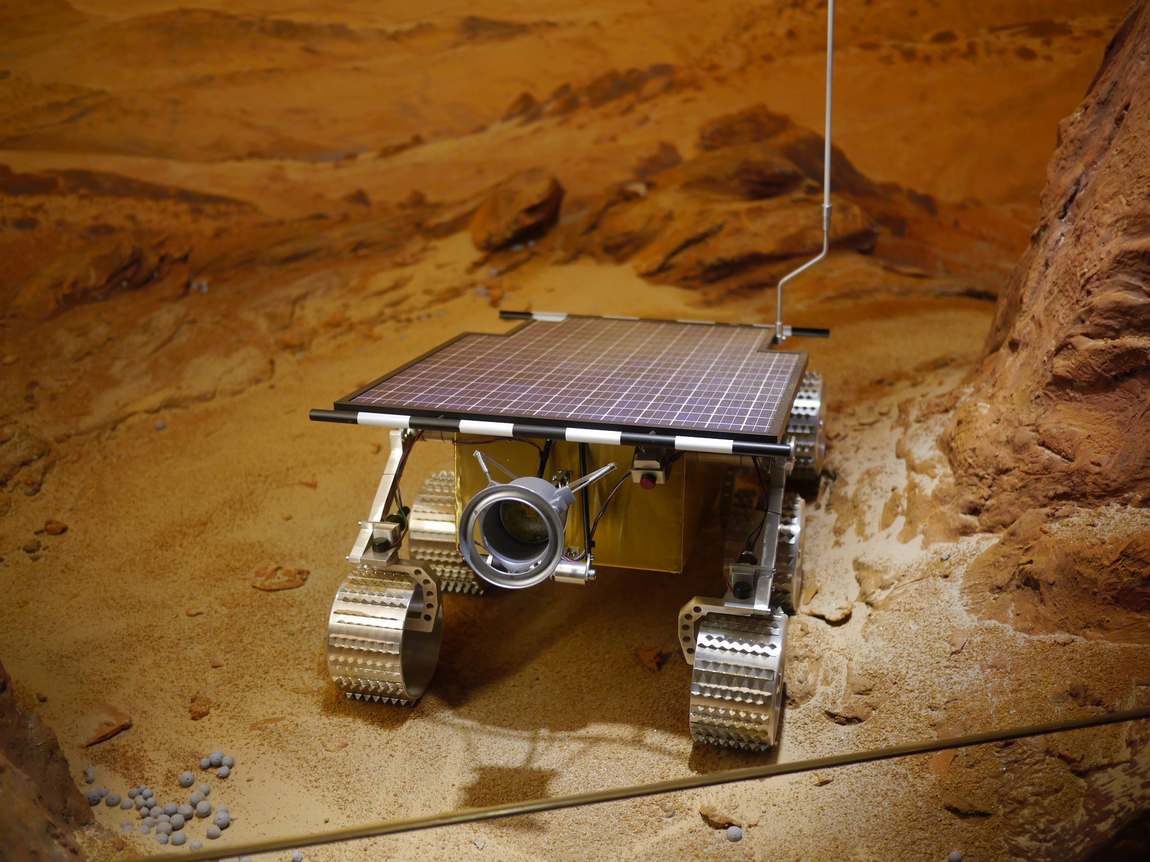
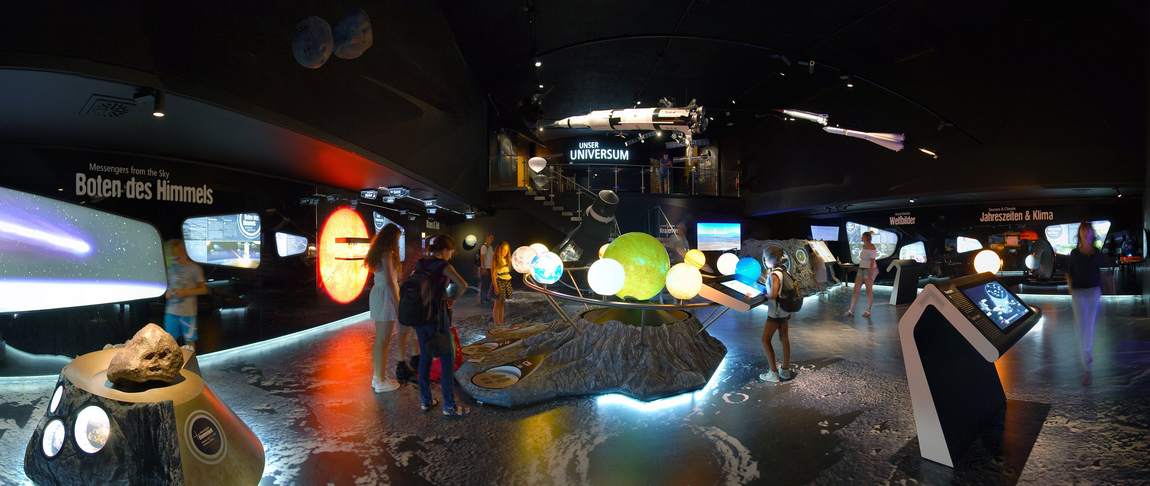
Journey into the Human Body
One of the most fascinating exhibitions is on the fifth floor of the House of Nature Museum. The exhibits here focus on the human being and the human body. How do our lungs, liver and kidneys work? What makes the heart beat? Why is the way to the heart through the stomach? At the House of Nature, you can find out a lot about the human body that you didn't know before!
Large, naturalistic models of our organ systems and interactive stations give us a fascinating insight into everything our body does every day. From animations that take us inside the lungs to a game where we can follow every detail of food as it passes through our digestive tract, the exhibits make knowledge tangible and concrete.
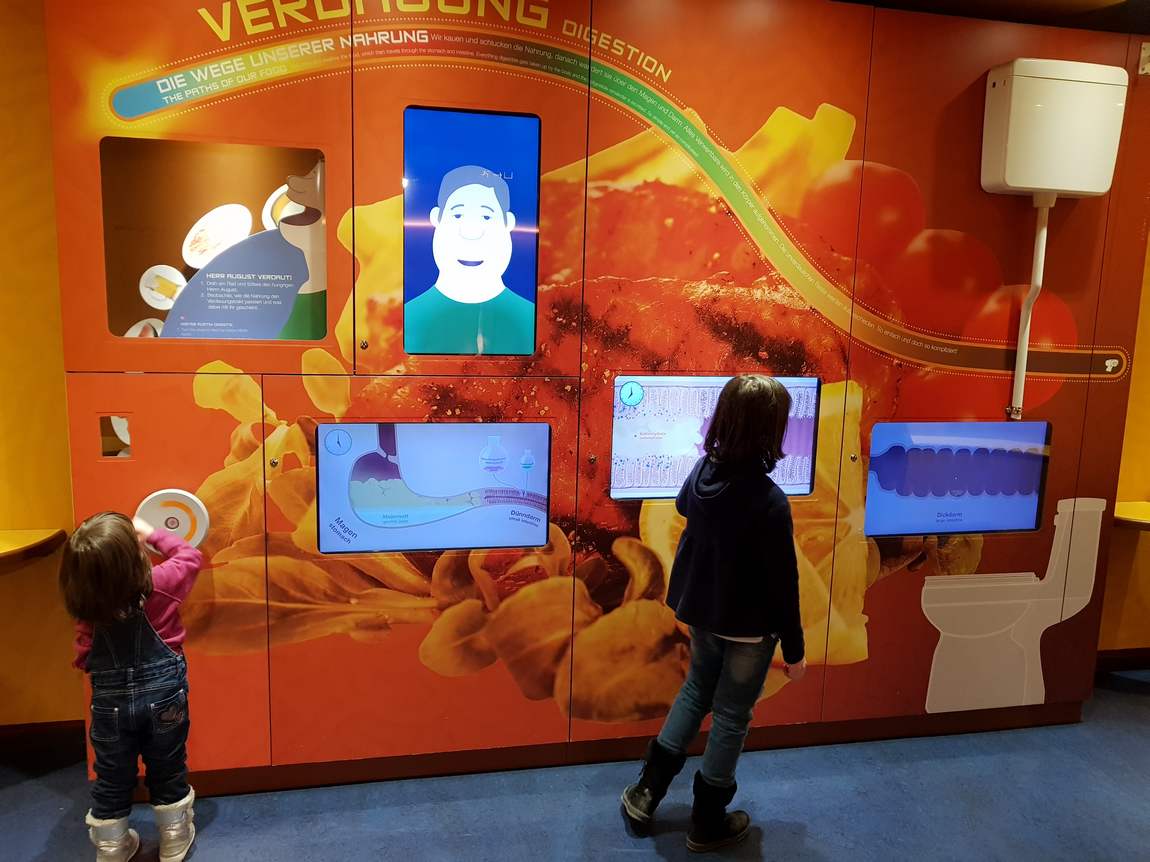
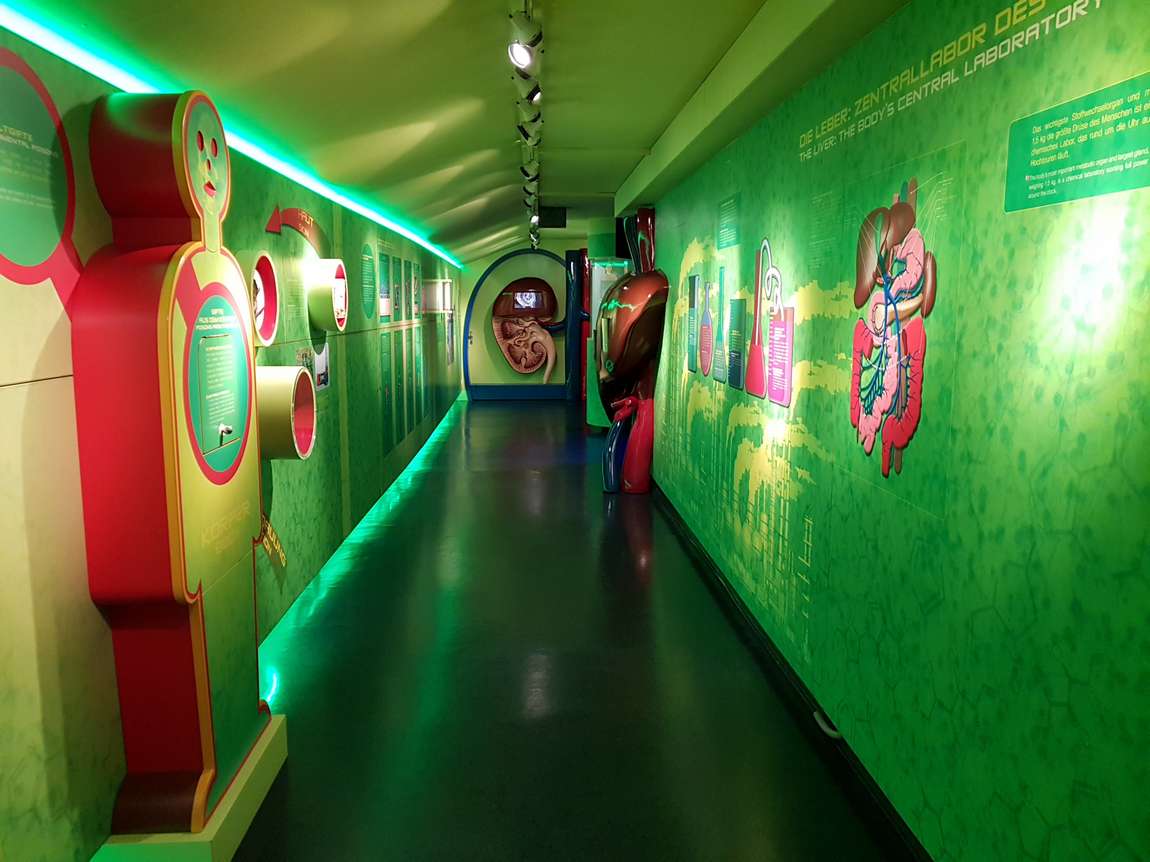
Try your hand at studying your own body using a wide range of educational medical equipment. You will learn many interesting facts about yourself, including how the human organs of sight, digestion, smell, touch, digestive, cardiac, nervous and sexual systems work.
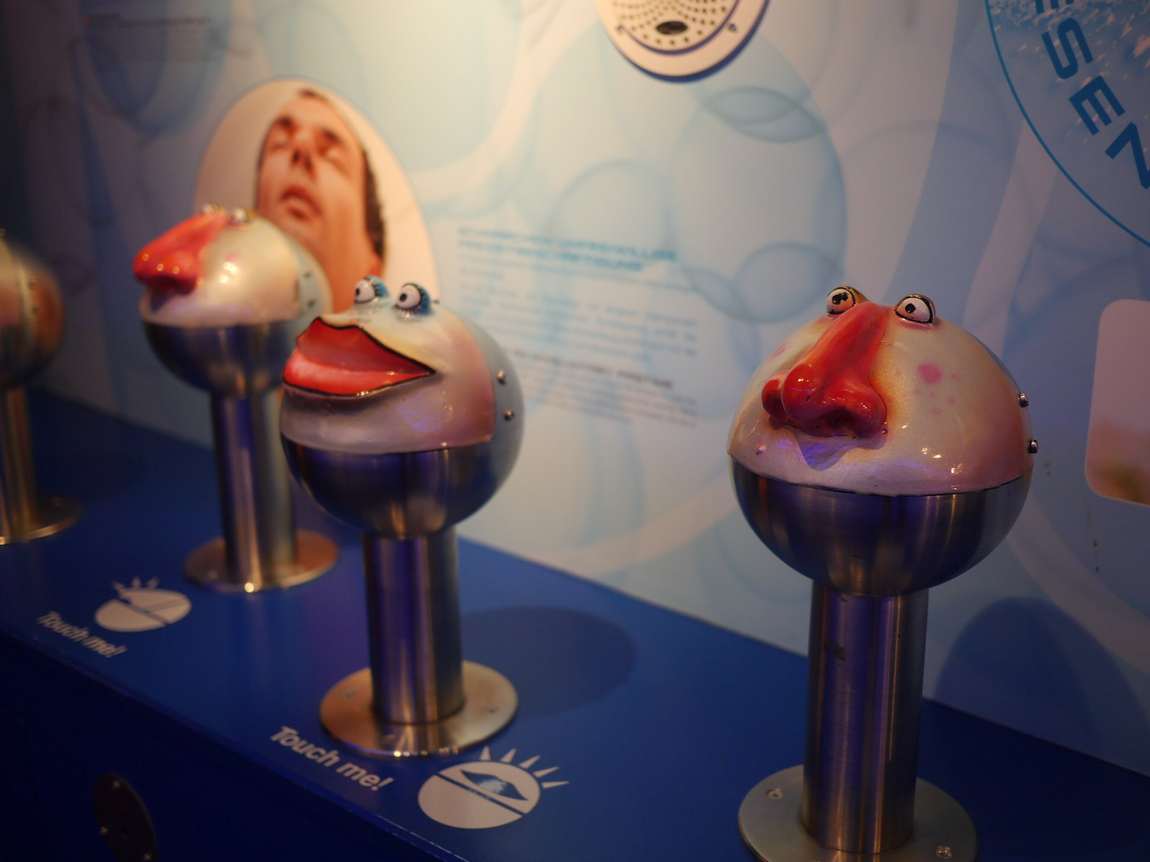
When you have seen all the exhibitions, stop by the gift shop. Science kits, educational games, high quality animal figurines and irresistible soft toys — the Museum Shop at the House of Nature has many memorable souvenirs and great gifts for visitors young and old.
And if you're hungry, don't miss the museum's café! Here you can enjoy a delicious meal and aromatic waffles for dessert.


